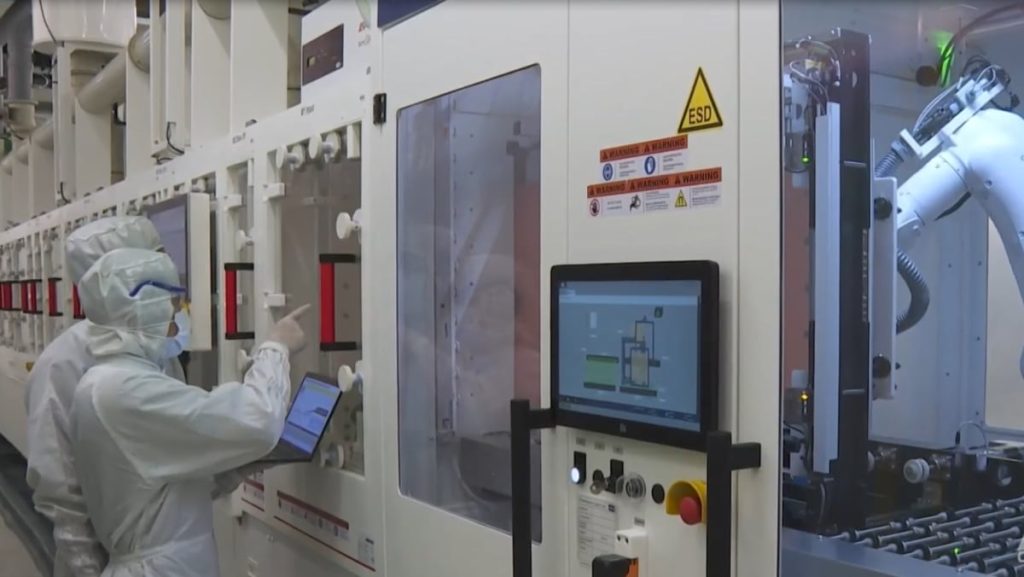The semiconductor industry in Malaysia is facing a shortage of engineers, prompting the national semiconductor strategic taskforce to consider allowing foreign graduates to work in the industry. This move is seen as essential to meet the growing demand for talent in the sector. The President of the Malaysia Semiconductor Industry Association, Wong Siew Hai, described the situation as a “war on talent” and highlighted the need for skilled professionals in the field.
Multinational corporations in Malaysia are being urged to invest in training programs for young engineers to address the shortage of talent. The government has also implemented the Academy in Industry program to subsidize training for school leavers and align their skills with industry requirements. The hope is that tech giants will collaborate with these initiatives to bridge the gap between the demand for engineers and the available talent pool. For example, US chip giant Intel is expanding its operations in Penang with a new advanced packaging facility, creating high-paying jobs and contributing to the country’s industrial growth.
Under the New Industrial Masterplan 2030, Malaysia aims to create 700,000 high-paying jobs in various sectors, including the semiconductor industry. This ambitious goal underscores the government’s commitment to boosting economic growth through skilled job creation. Foreign graduates may play a crucial role in achieving this target by filling the gaps in the local talent pool and contributing to the industry’s expansion. By allowing foreign talent to work in Malaysia, the semiconductor sector can access a diverse range of skills and expertise, enhancing its competitiveness on a global scale.
One example of a successful international collaboration in the semiconductor industry is AT&S, where employees like Ms Azzuani have received valuable training in China. Ms Azzuani, who works in integrated circuit substrate production, values the opportunities for learning and growth in her field. She aspires to become a specialist and senior manager in the future, leveraging her experiences abroad to further her career. By embracing international experiences and knowledge-sharing, employees like Ms Azzuani can contribute to the advancement of the semiconductor industry in Malaysia and beyond, ultimately driving innovation and economic development.
Overall, the willingness to incorporate foreign graduates into the Malaysian semiconductor industry reflects a strategic approach to addressing talent shortages and fostering growth. By investing in training programs, collaborating with multinational corporations, and promoting international exchanges, Malaysia can enhance its position as a hub for semiconductor manufacturing and innovation. The government’s labor market reforms and industrial development plans set the stage for creating high-paying jobs and attracting global talent to contribute to the country’s economic prosperity. With a focus on skills development and industry partnerships, Malaysia is poised to leverage its semiconductor sector for long-term sustainable growth and competitiveness in the global market.













